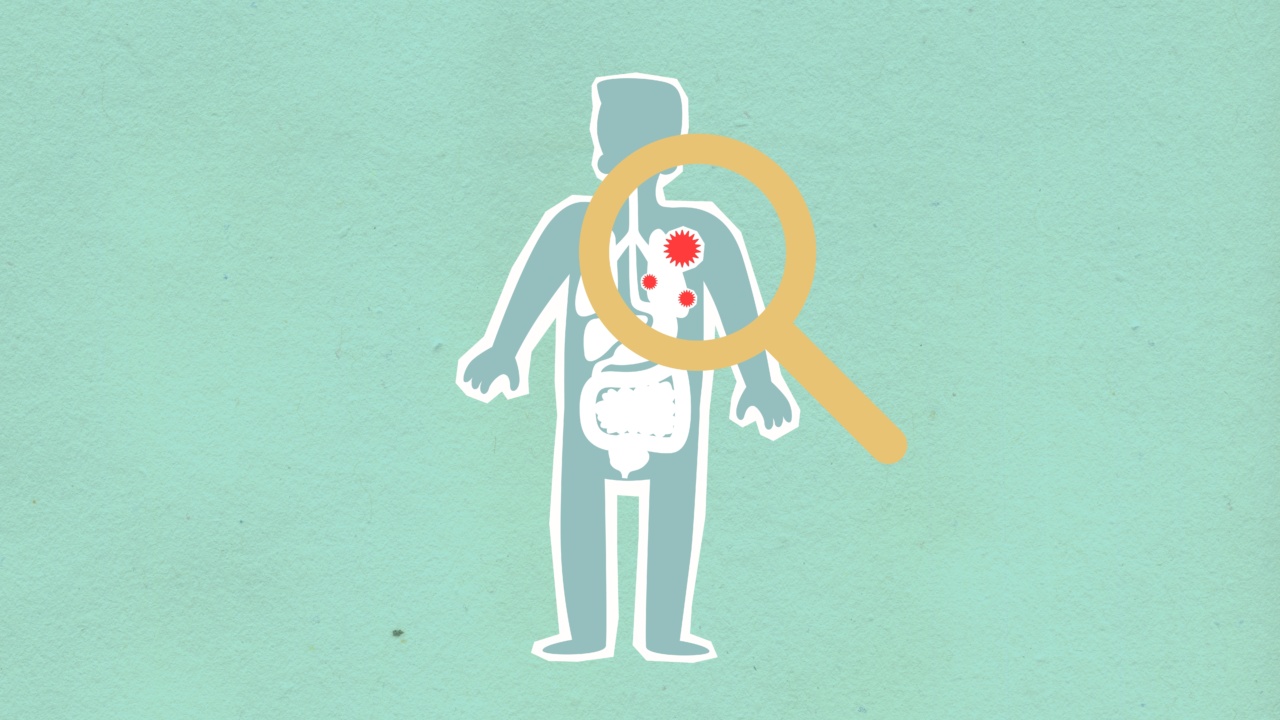The kidneys may not be the most popular organ in the body, but they play an important role in keeping our body healthy. These bean-shaped organs are responsible for filtering and removing waste and excess fluid from our blood.
The kidneys also play a role in regulating blood pressure, producing red blood cells, and maintaining a healthy pH balance in our body. However, several diseases and conditions can impact the function of the kidneys and threaten our health. In this article, we’ll discuss some of the renal threats that can affect the kidneys and what steps you can take to prevent them.
1. Chronic Kidney Disease (CKD)
Chronic Kidney Disease (CKD) is a long-term condition where the kidneys gradually lose their function over time.
This condition affects over 26 million Americans and is often caused by conditions like high blood pressure, diabetes, and glomerulonephritis. As the kidneys lose function, waste and fluid buildup in the body, causing symptoms like fatigue, swelling, and difficulty concentrating. CKD is often diagnosed through a blood test and may require treatment like medication or dialysis.
Early detection and treatment of CKD can help prevent further damage to the kidneys.
2. Kidney Stones
Kidney stones are hard deposits that form in the kidneys and can cause pain and discomfort. The stones are made from minerals and salts that stick together and can range in size from a grain of sand to a pea.
Symptoms of kidney stones include severe pain in the back, side, or lower abdomen, nausea, vomiting, and fever. Treatment for kidney stones depends on the size and location of the stone and may include medication, drinking plenty of fluids, or shock wave therapy.
3. Urinary Tract Infections (UTIs)
Urinary Tract Infections (UTIs) occur when bacteria enter the urethra and cause an infection in the bladder or kidneys. Symptoms of a UTI include a strong urge to urinate, painful urination, cloudy or strong-smelling urine, and fever.
UTIs are more common in women and can be treated with antibiotics. If left untreated, a UTI can lead to more serious conditions like kidney infections.
4. Glomerulonephritis
Glomerulonephritis is a condition where the glomeruli, tiny filters in the kidneys, become inflamed and damaged, causing the kidneys to function improperly. The cause of glomerulonephritis can vary from infections to autoimmune disorders.
Symptoms of glomerulonephritis include swelling, high blood pressure, and blood in the urine. Treatment for glomerulonephritis depends on the cause and severity of the condition and may include medications or dialysis.
5. Polycystic Kidney Disease (PKD)
Polycystic Kidney Disease (PKD) is a genetic condition where small, fluid-filled cysts develop in the kidneys and cause them to enlarge. Over time, the cysts can damage the kidneys and lead to kidney failure.
PKD is a rare condition that affects about 600,000 Americans. Symptoms of PKD include back or side pain, high blood pressure, and blood in the urine. Treatment for PKD includes medication and management of the symptoms of the condition.
6. Lupus Nephritis
Lupus Nephritis is a condition where the immune system attacks the kidneys and causes inflammation, scarring, and damage. Lupus is an autoimmune disorder that affects around 1.5 million Americans.
Symptoms of lupus nephritis include swelling in the legs and eyes, blood in the urine, and high blood pressure. Treatment for lupus nephritis includes medication to suppress the immune system and manage the symptoms of the condition.
7. Renal Artery Stenosis
Renal Artery Stenosis is a condition where the arteries that supply blood to the kidneys become narrowed or blocked. This condition can lead to high blood pressure, kidney damage, and the development of kidney disease.
Symptoms of Renal Artery Stenosis include high blood pressure that cannot be controlled with medication and decreased kidney function. Treatment for Renal Artery Stenosis may include medication, surgery, or angioplasty to open up the blocked arteries.
8. Nephrotic Syndrome
Nephrotic Syndrome is a condition where the kidneys leak large amounts of protein into the urine, leading to swelling and fluid buildup in the body.
This condition can be caused by a variety of factors, including infections, medications, and genetic disorders. Symptoms of Nephrotic Syndrome include swelling in the legs, feet, and hands, fatigue, and foamy urine. Treatment for Nephrotic Syndrome may include medication to reduce proteinuria and manage the symptoms of the condition.
9. Acute Kidney Injury (AKI)
Acute Kidney Injury (AKI), also known as acute renal failure, occurs when the kidneys suddenly stop working. This condition can be caused by a variety of factors, including dehydration, infections, and medication toxicity.
Symptoms of AKI include decreased urine output, swelling, and confusion. Treatment for AKI may include medication and management of any underlying conditions that may be causing the kidney injury.
10. Alport Syndrome
Alport Syndrome is a genetic condition where the collagen that supports the tiny filters in the kidneys is abnormal, leading to kidney damage and failure. This condition can also cause hearing and vision problems.
Symptoms of Alport Syndrome include blood in the urine, swelling, and decreased kidney function. Treatment for Alport Syndrome includes managing symptoms and preventing complications of kidney failure.
Prevention is key when it comes to protecting the health of your kidneys. Maintaining a healthy lifestyle, staying hydrated, and managing chronic conditions like high blood pressure and diabetes can help reduce your risk of kidney disease.
If you experience any symptoms of kidney disease, be sure to talk to your doctor to get a proper diagnosis and appropriate treatment.





























